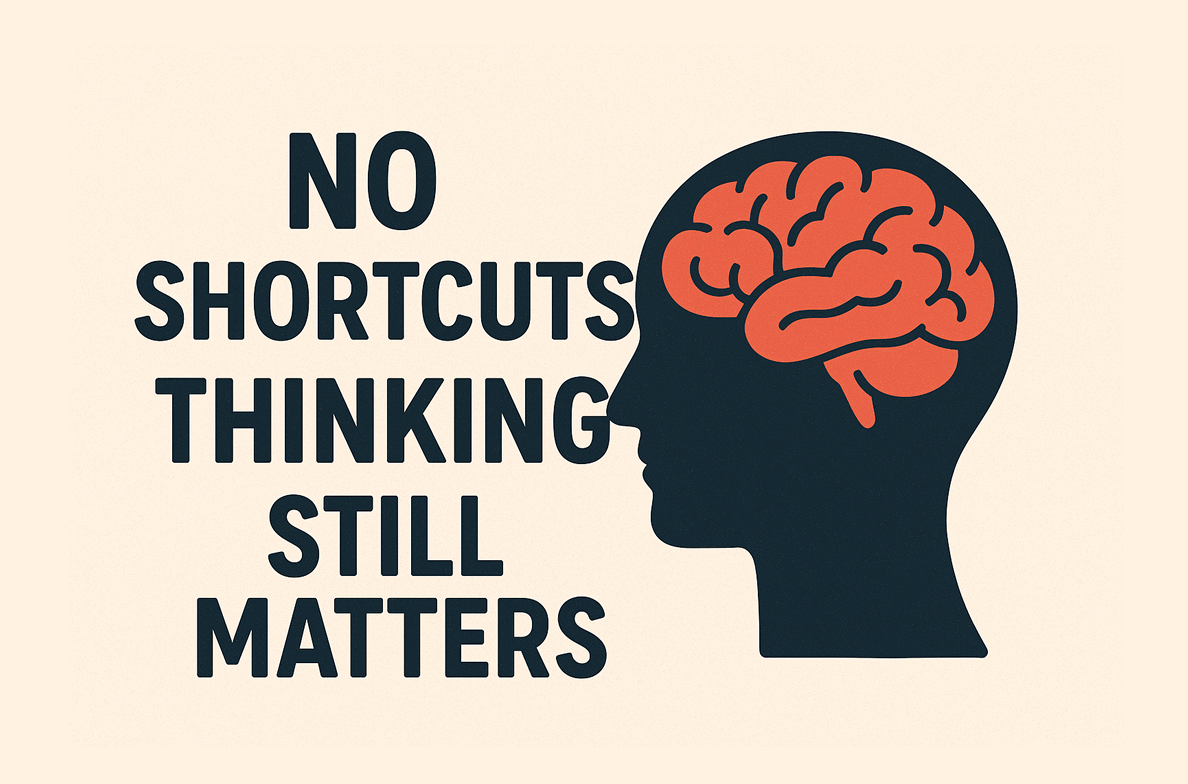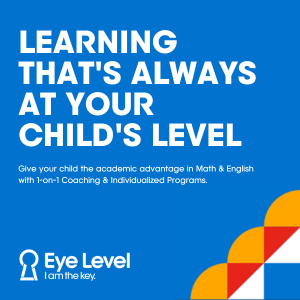
Photo credit: readingwithyoukids.com
Children absorb almost everything in their surroundings. It's true! Even while they are being read to, their minds are actively taking in all the words they hear and the lessons that are being taught through the characters and the storyline.
Reading to your child will benefit them in many ways, including accelerating their mental growth and their relationships with others. All it takes is a few well-chosen books, some motivation, and some time. A researcher by the name of Keisha Siriboe has noted that the power of reading to a child is more than just reading — it is bonding.
Here are some benefits of reading to your child:
Relationships
After a long day at work, after school or before your child's bedtime, reading is a sure way for parents to wind down and spend quality time with their child. Apart from being a relaxing activity, dedicating time to reading to your child strengthens the loving bond between parent and child. At the same time, parents will have the opportunity to learn more about their children especially the way they think and give free rein to their imagination.
Listening Skills
When children are being read to they learn the importance of patiently waiting for one to finish speaking before asking questions or drawing conclusions. When you read to your child, they are actively listening to the details of the story and doing this daily teaches them the importance of listening attentively in their everyday life.
Vocabulary
Each book has its own unique vocabulary. Based on research, children who read or are read to regularly have a significantly wider and ever expanding vocabulary compared to children who lack such reading experience.
Apart from being exposed to an array of vocabulary, they also encounter new words that are not commonly used daily. This not only expands their vocabulary but is also beneficial in developing their writing skills.
Critical Thinking Skills
In this digital era, it is undeniable that children can easily access new information from the internet. However, young children, due to their age, may lack the ability to evaluate the accuracy and authenticity of the information available in the vast sea of digital content. In contrast, books are typically authored by experts in their respective fields. Therefore, by reading books, children can develop critical thinking skills, enabling them to evaluate the truth and authenticity of information found on the internet.
At the same time, train your child to ask questions and encourage their capacity for critical thought. Pose several questions while your child reads aloud or when you read a story to them. As you listen to and analyse their answers, you may find that children actually have their own perceptions about various issues.
Problem-Solving
In almost every story, the character is faced with many obstacles and challenges which they must overcome. Children are already familiar with solving some challenges such as learning to get up when they fall. However, when they read or listen to stories, what occurs is an expansion of their minds which leads them to analyse other challenges and possible ways of resolving them.
Challenge your children to provide solutions to a character’s problems while reading to them and have an open discussion with them on their responses. This not only stimulates them to think of solutions but also to develop critical thinking skills.
Reducing Screen Time
Moderating screen time has always been a controversial issue in our technological age, especially for parents. A former children’s book editor at the New York Times once said, “Even if screens have taken over your child’s lives, parents can still steer them back to books.” Explore the genres your children prefer and purchase books that align with your children’s current interests. Eventually, your children will develop a passion for books rather than electronic devices.
Moral Lessons
Classics such as The Boy Who Cried Wolf, Jack and The Beanstalk and Aesop’s Fables are great examples of books where children learn a great deal from the characters in their favourite stories. These stories are filled with scenarios where the characters have to make a decision and learn valuable lessons from the outcome of their decisions. For example, the story The Boy Who Cried Wolf teaches children not to lie if they wish to be taken seriously and to maintain their credibility. The story The Tortoise and The Rabbit teaches children that there are benefits in being slow and steady rather than accomplishing things at great speed. Such stories teach children moral lessons from various perspectives.
Knowledge
Books cover a wide range of topics from animal facts, cars and trains and even offer lessons on how to fold origami. Whether the stories are fiction or non-fiction, tales or just straightforward information, children are exposed to an endless variety of concepts and ideas.
Children learn from what they are exposed to, whether it is from playing, listening or direct experience. Reading to your children inspires curiosity about various topics they may be interested in and helps them discover a passion of their own.
Creativity and Imagination
Stories make anything possible. Superpowers, fairies, monsters and giants are considered normal in the world of fiction. . Otherworldly elements and characters are great for developing the imagination and creativity of a child.
When children read or are being read to, their imagination turns the stories and descriptions of people, places, and objects into pictures, visual images that they can relate to. When they are immersed in a story, they start to imagine what the characters look like think about and behave in the given scenario.
Concentration
As children become enthralled with the details of a story, they are more likely to listen longer, thus, increasing their attention span over time. Additionally, the more captivating a book is to a child, the greater their concentration. Hence, having your child sit and listen to you read helps them expand their ability to focus on longer and more complex stories.
In conclusion, there are numerous benefits to reading to a child apart from strengthening the bond between parent and child. Reading to your child can begin at any age and there is a rich and diverse range of books and stories that are waiting to be read. Read a book to a child and watch their imagination unfold!
Take a look at the following related posts:
- The Importance of Reading Books in the Digital Age: Why Traditional Reading Still Matters
- Too much screen time? Here’s how to refocus on reading
- Why Is It Important to Read to Your Child?


































